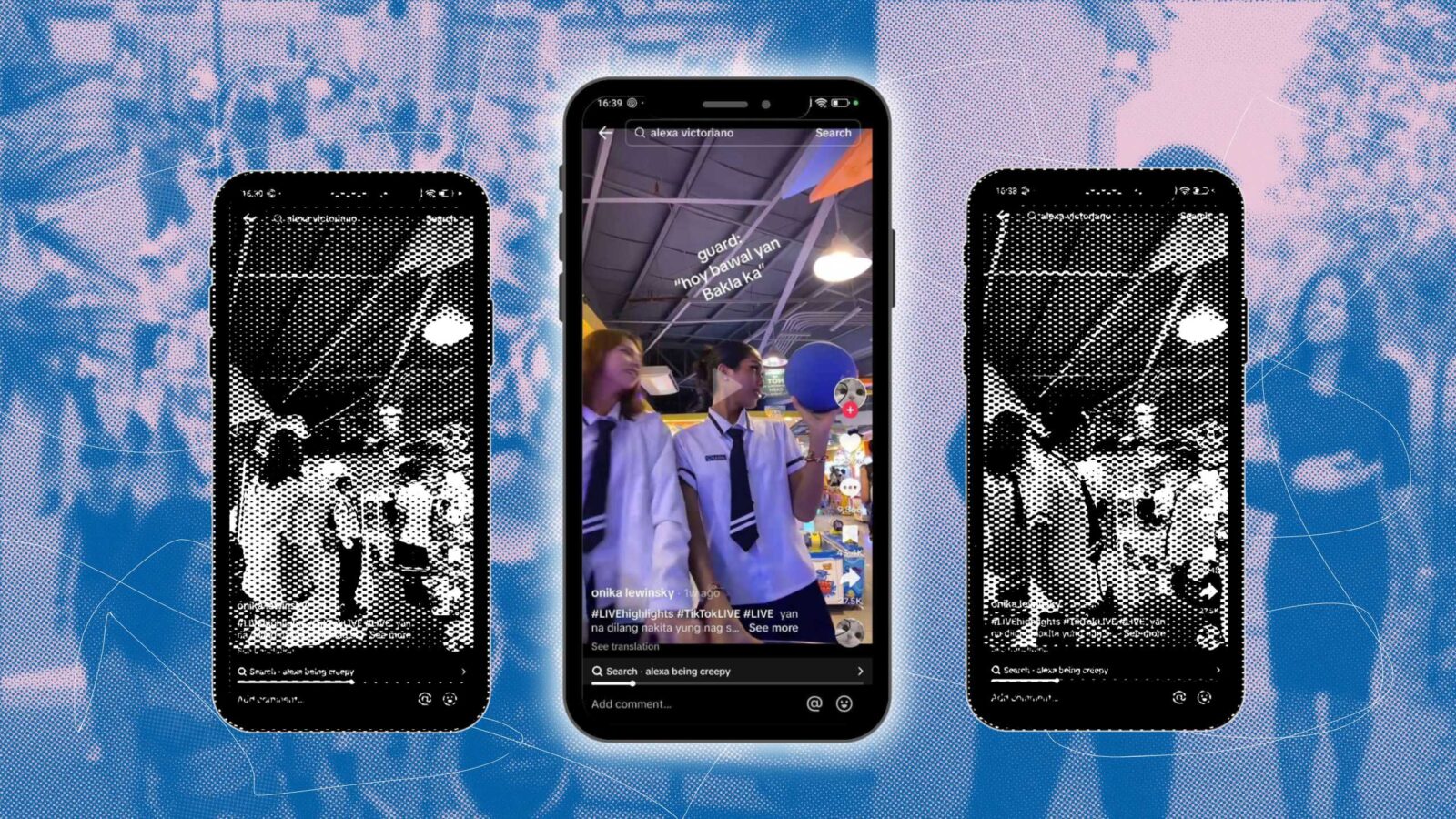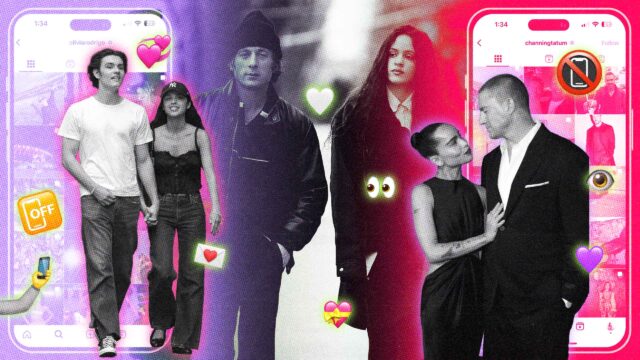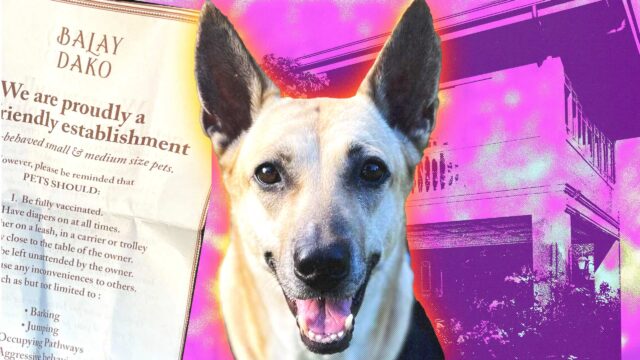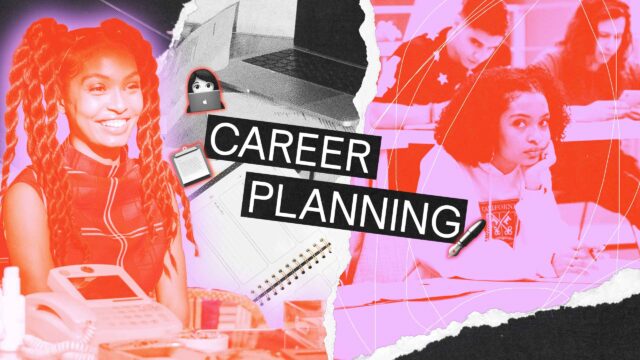Time to stop making people feel like it’s okay to be discriminatory in public.
Related: 6 Ways On How You Can Be A Good Straight Ally This Pride (And Beyond)
In this big year of 2024, you would think we’ve moved past blatant discrimination, especially in public spaces, but time and time again, people do something that makes us question how far we’ve really come in terms of being an accepting society. And in the age of social media, we can document and see clearly how people still harass, catcall, and discriminate based on gender, sexuality, and identity. Whether as victims ourselves, bystanders, or strangers on the Internet watching it go down, what are we doing about it?
When a viral video of a security guard said “hoy, bawal yan, bakla ka,” to a couple of queer students at an arcade circulated, we saw how they didn’t respond by simply being passive or shrinking away. No, they went right up to the guard and asked him what his problem was.
@onikathelast #LIVEhighlights #TikTokLIVE #LIVE yan na dilang nakita yung nag spike si alexa@Alexa ♬ original sound – onika lewinsky
This instance is yet more proof that the anti-discrimination Sexual Orientation and Gender Identity Expression (SOGIE) Bill should be passed, because LGBTQIA+ people still face rampant discrimination and harassment. They’re taking it upon themselves to combat the oppression and injustices they face, and they’re teaching us a lesson on being brave enough to stand up for ourselves and our own when facing discrimination in public—because sometimes, these kinds of people need a little humbling.
THE VALUE OF SPEAKING UP
yung fragile, homophobic, at tigas-tigasan ka tas tinawag ka lang nilang “maldita” 😭 HSHHSHAAH PURRR
— gian (@gianbernardino_) August 28, 2024
anw, PASS SOGIE BILL NOW ‼️🫵 the community needs protection from this kind of ppl https://t.co/atx5aXWzm8
First off, why are we still using “bakla” as an insult in 2024? As they said, yes, they were queer, so it’s not untrue, but it was very clear that the guard’s intention was to be insulting. The way he was so comfortable doing so in a public space, knowing he was in a position of power, is sadly a familiar sight. Too many people think they can get away with saying things like he did, or even worse ones, in public.
Whether or not what the students were doing at the basketball game was against arcade policy (as they revealed that one of them, Alexa, hit the ball too hard), why did he have to use such language with the intention of demeaning them and using bakla as an insult?
Story time @/onikethelast on tktkhttps://t.co/giXZALoE4u https://t.co/iOBeRG2xP7 pic.twitter.com/GgCSWYF1sd
— Manu (@m__anu_) August 28, 2024
Regardless, the students were having none of it, and the two were seen confronting the guard and letting it be known that they were not going to take that act of discrimination sitting down. People online reacted very well to how quick and unwavering they were to stand up for themselves. Often, when faced with blatant acts of discrimination, we default to ignoring them.
Speaking up, defending yourself or someone else, can be a tall order for many people. We’ve all heard of the bystander effect. But a bigot, catcaller, or homophobe deserves to be called out for their blatant disrespect for another human being.
goodnight gays reminder that it’s okay to speak up to ur friends and family when they’re being homophobic. call out disgusting behavior and if they don’t change, stop giving them ur time. chances are, if they don’t respect the lgbt community, they don’t respect u or ur sexuality.
— kya (@softsadsatan) July 10, 2018
A lot of the times, things like catcalling and discrimination come from a place of power. Harassers, catcallers, and bigots want to intimidate and exert dominance over the people they target. If you can, don’t let them. Some women resort to retorting, responding in a way that guilt-trips them, or even barking or making loud noises to throw them off and let them know that what they’re doing is not okay. It’s bleak that we have to resort to that. But acting upon being disrespected is sometimes better than letting it go and letting them think it’s okay to keep doing that to other people.
Of course, not everyone is the confrontational type, and not every circumstance is safe for people to be as assertive as the two students in this case. Violence against women and the LGBTQIA+ community is still unfortunately rampant. But in instances where you believe it’s worth it to be brave enough to stand your ground, loud and proud, don’t hold back. You don’t even have to be the one being addressed—you can stand up for others, as well.
FACING THE CONSEQUENCES
@onikathelast Replying to @Liffandrei ♬ original sound – onika lewinsky
Speaking up and facing the problem is also a way you can get justice or resolve an issue quickly, and to make it known that such acts of discrimination or harassment are not without consequence. The students also did the responsible thing and reported it to the establishment management. Hopefully, this sheds light on something we’re well-aware of but has rarely been acted upon by our institutions in a tangible way: the prevalence of acts of discrimination against LGBTQIA+ people.
In the meantime, when we can, let’s consider being brave enough to speak up for what’s right and standing up for ourselves as well as people who are being victimized just for existing—in public, in our close circles, and wherever possible. We’ve all got a voice—let’s put it to use.
Continue Reading: This Isn’t The Time To Play Cute, Especially If You Have A Platform To Speak Up





